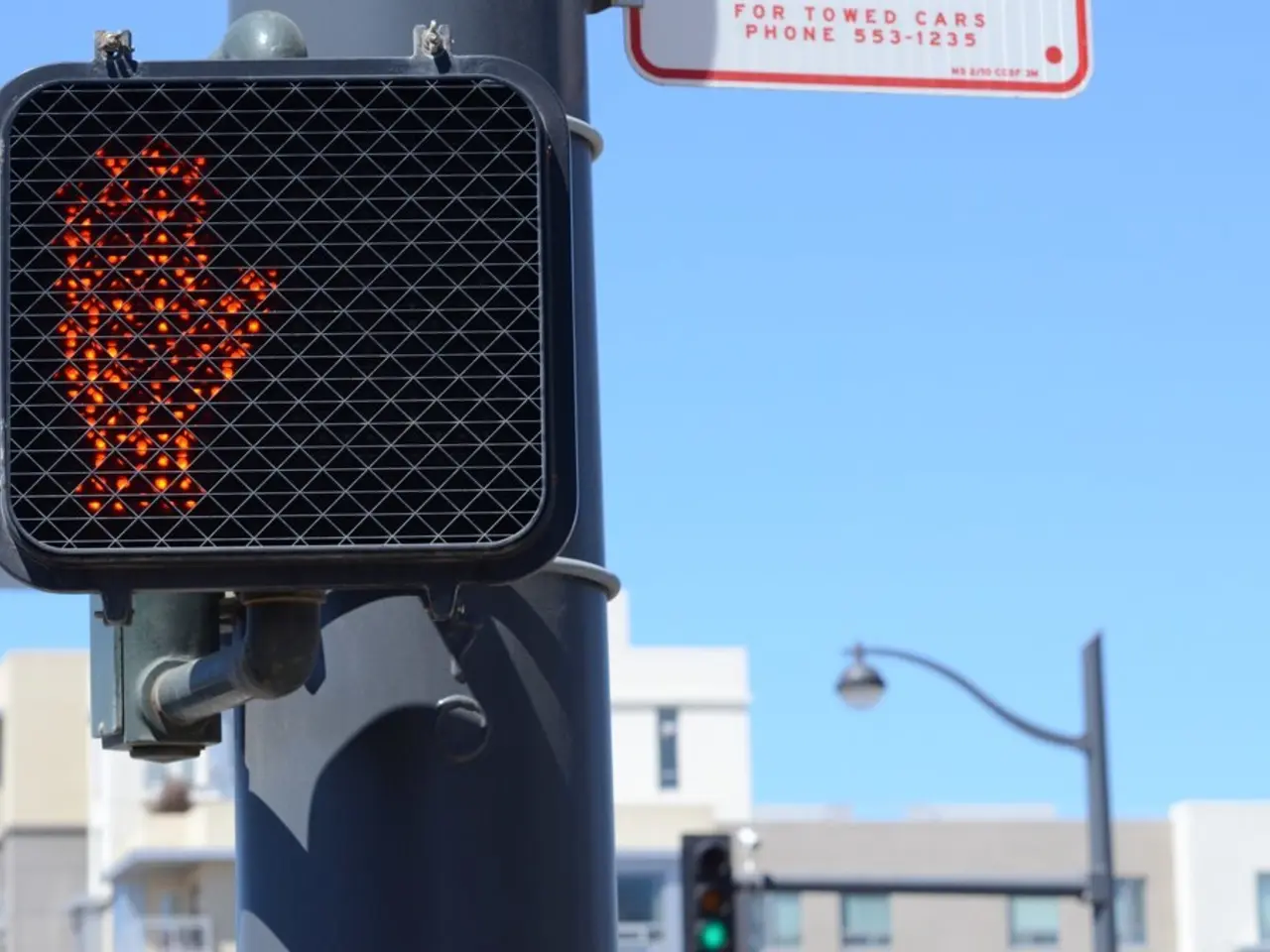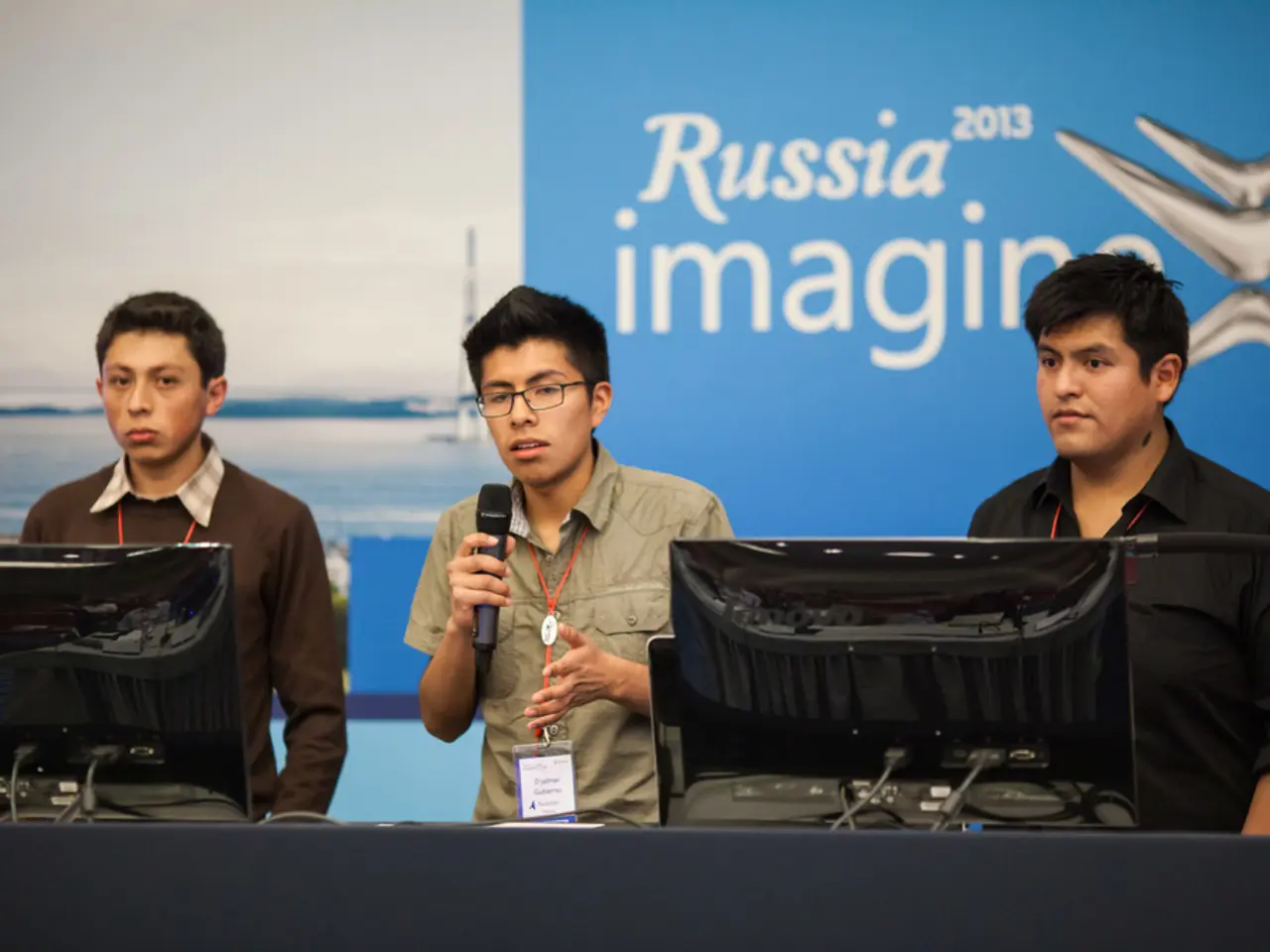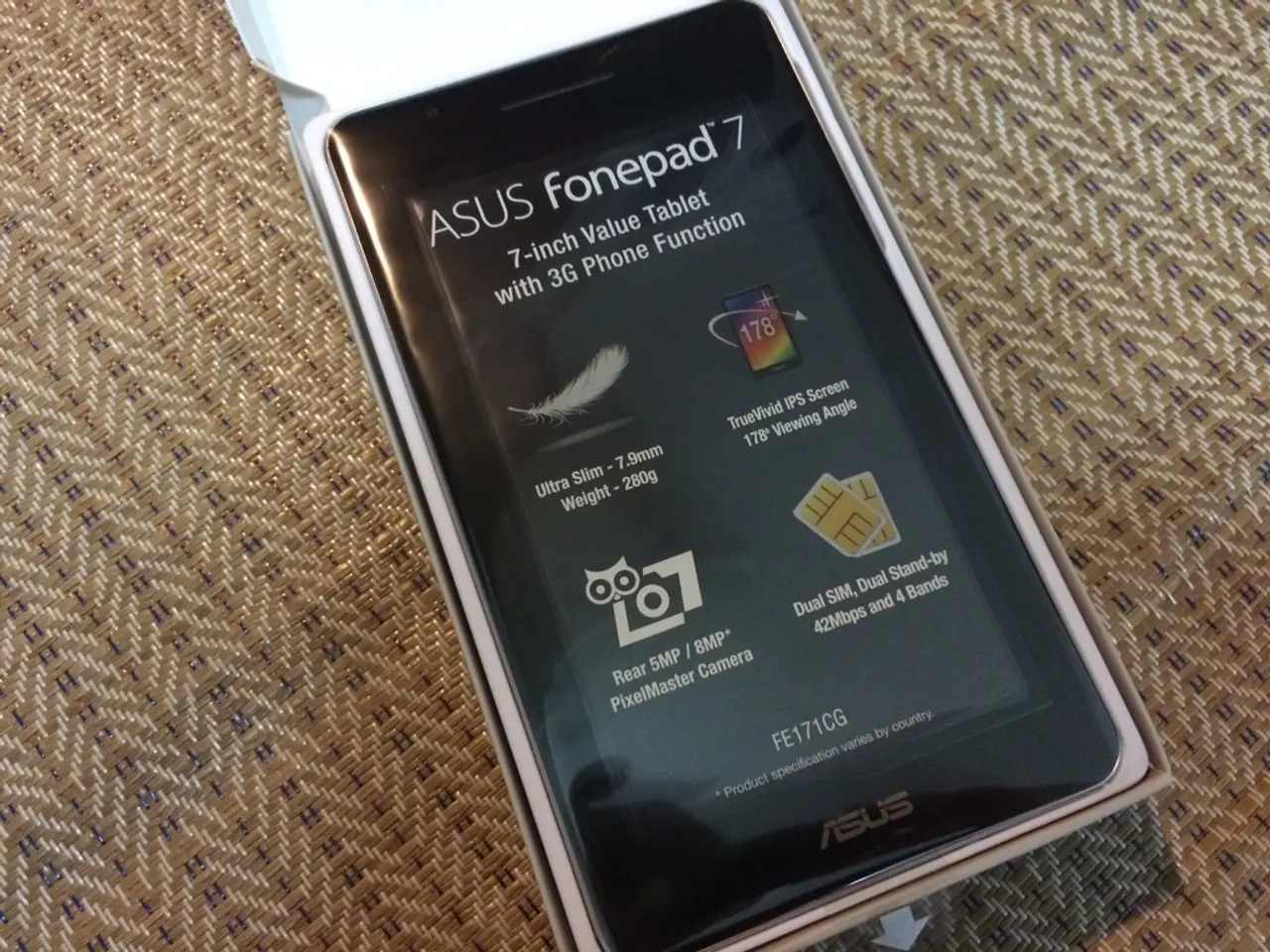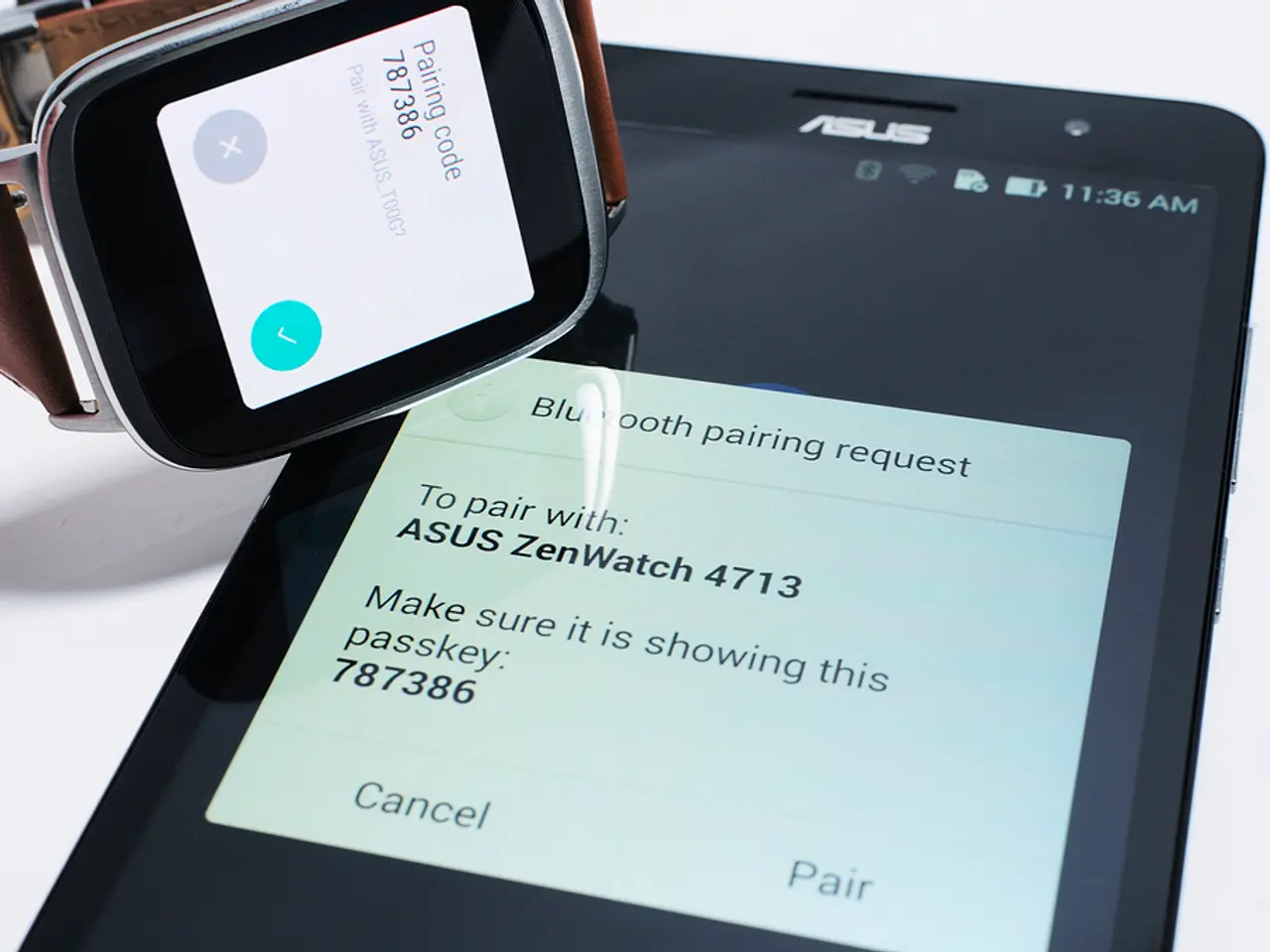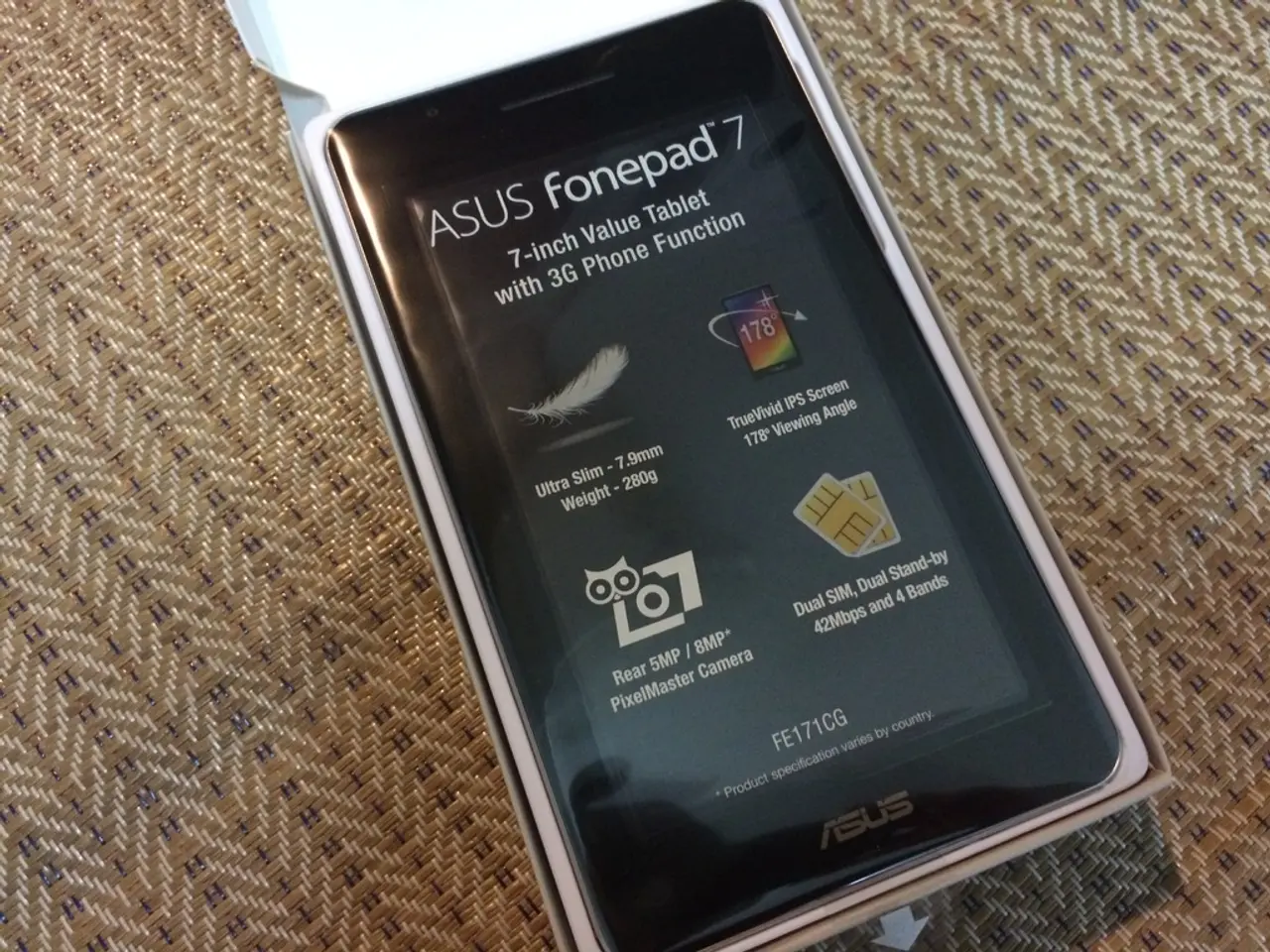FCC Eliminates 11 "Obsolete and Inefficient Regulations"
The Federal Communications Commission (FCC) held its July open meeting, where it made significant strides in modernizing its regulations and preparing for an upcoming AWS-3 spectrum auction. The commission passed all six of its proposed initiatives, including updates to bidding rules, pole attachment rules, and slamming and truth-in-billing rules.
In a move to reduce unnecessary regulatory burdens, the FCC repealed outdated rules, eliminating 11 rule provisions that comprised 39 regulatory burdens covering obsolete elements such as phone booth closures, captioning on analog TV receivers, and auction obligations that lapsed over 20 years ago. This move removed over 7,000 words and 16 pages of regulatory text.
The commission adopted a Direct Final Rule framework, allowing it to eliminate legacy regulations without the usual notice-and-comment procedures. This process is justified because the rules being deleted are insignificant or inconsequential to the public and no longer serve the public interest.
However, there was some dissent, with Commissioner Anna Gomez expressing concern about the erasure of rules without seeking public comment. Gomez, the lone Democrat commissioner on the panel, also dissented from the direct final rule.
The FCC's spectrum authority was restored by the "One Big Beautiful Bill" signed by President Trump on July 4. The commission approved a direct final rule to remove 11 provisions, which it described as 39 regulatory burdens, 7,194 words, and 16 pages. These repealed rules primarily regulated telegraph services, "rabbit-ear" broadcast receivers, and telephone booths.
One of the approved items was an update to bidding rules for the AWS-3 spectrum licenses auction. The spectrum in question includes bands 1695-1710 MHz, 1755-1780 MHz, and 2155-2180 MHz. Olivia Trusty and Ajit Pai voted in favor of the update, while Gomez approved and concurred in part.
The commission also approved rules that require wireless providers to route 988 text messages to local crisis centers based on general geographic location. The commission will announce auction application deadlines and bidding procedures in the coming months.
Moreover, the commission approved updates to its pole attachment rules, aimed at making it easier and faster to deploy broadband networks. Commissioner Gomez expressed interest in ensuring that Tribes have a "fair and meaningful opportunity" to secure spectrum rights.
Lastly, the commission launched a proposed rulemaking to accelerate the transition from copper line networks to more modern, IP-based networks. Olivia Trusty's confirmation last month gave the GOP a 2-1 majority in the commission.
[1] [5] (Sources omitted for brevity)
A radio broadcaster might find relief with the FCC's removal of 39 regulatory burdens, as these erased rules included auction obligations that were associated with "rabbit-ear" broadcast receivers. In addition, the FCC's modernization efforts have paved the way for an upcoming AWS-3 spectrum auction, offering updates to the bidding rules for the specific bands 1695-1710 MHz, 1755-1780 MHz, and 2155-2180 MHz.
